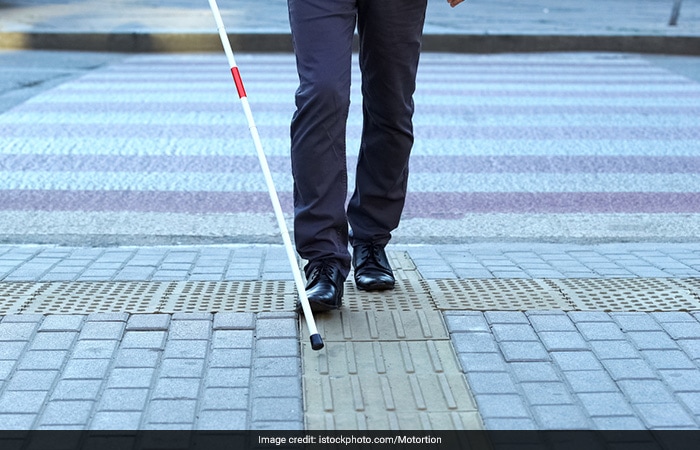Accessibility, A Fundamental Requirement For Ensuring Inclusion For Persons With Disability
According to experts, 'accessibility' is one of the most important concerns facing persons with disabilities. Experts say that having an accessible environment is a right of persons with disabilities that allow them to live a better life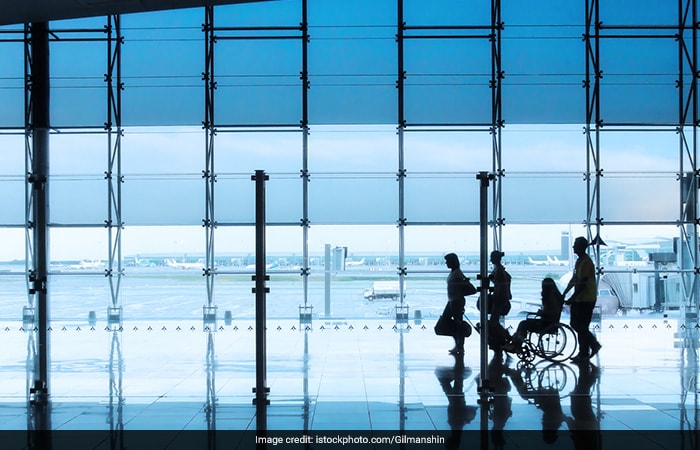
The World Health Organization (WHO) defines 'Disability' as 'an umbrella term, covering impairments, activity limitations, and participation restrictions. Impairment is a problem in body function or structure; an activity limitation is a difficulty encountered by an individual in executing a task or action; while a participation restriction is a problem experienced by an individual in involvement in life situations'.
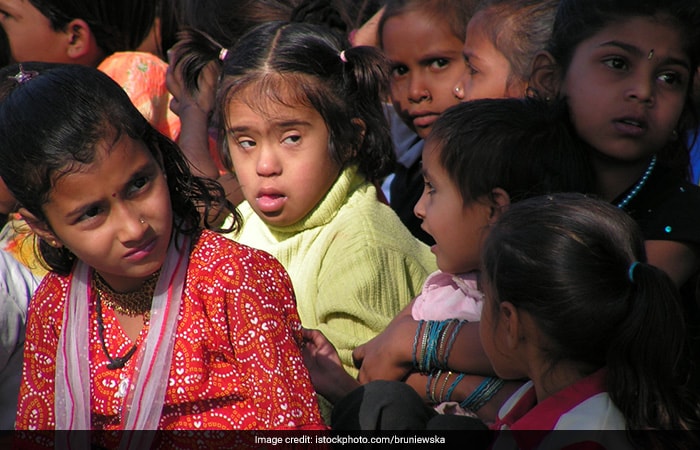
The Government of India first enacted the 'Persons with Disabilities (Equal Opportunities, Protection of Rights and Full Participation) Act in 1996. According to experts, while the provisions exist in law, accessibility, in practice, is missing. Muralidharan Vishwanath, general secretary, National Platform for the Rights of Disabled (NPRD) highlighted that there are hardly any studies to identify the need of the community at a micro-level.
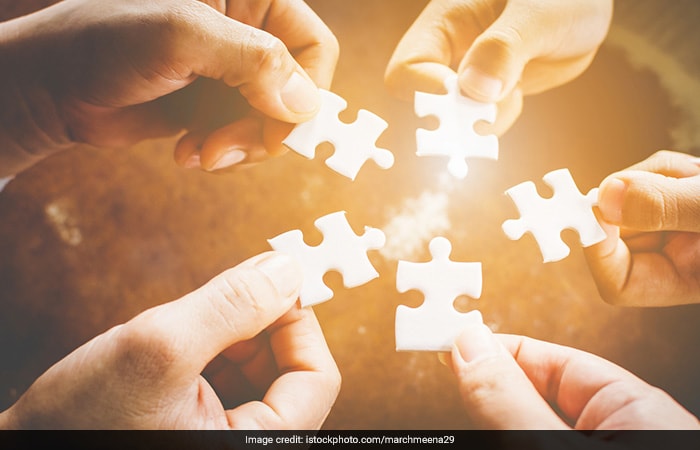
The Rights of Persons with Disabilities Act, 2016, mandates the government to ensure access to all modes of transport that conform with design standards, including retrofitting old modes wherever technically feasible and safe for persons with disabilities and that people of all abilities are able to use the transportation services and system with dignity and independence.
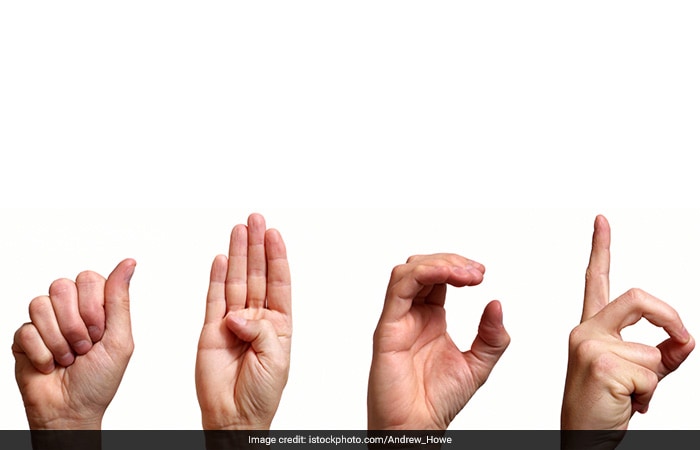
The RPwD Act, 2016 mandates the government to take appropriate steps to make Information and Communication Technology (ICT) available to persons with disability in an accessible format. In December 2021, The Ministry of Information and Broadcasting announced that it is in the process to get the 'Accessibility Standards for Television Programmes for Hearing Impaired' notified under the Rights of Persons with Disabilities Act, 2016 to make television content more inclusive for persons with hearing disabilities.
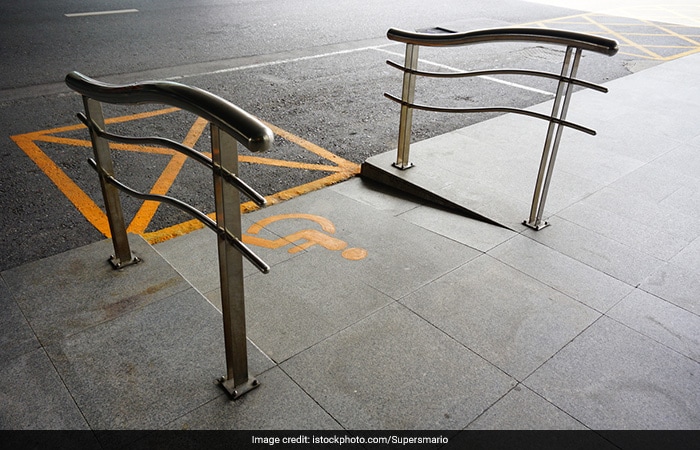
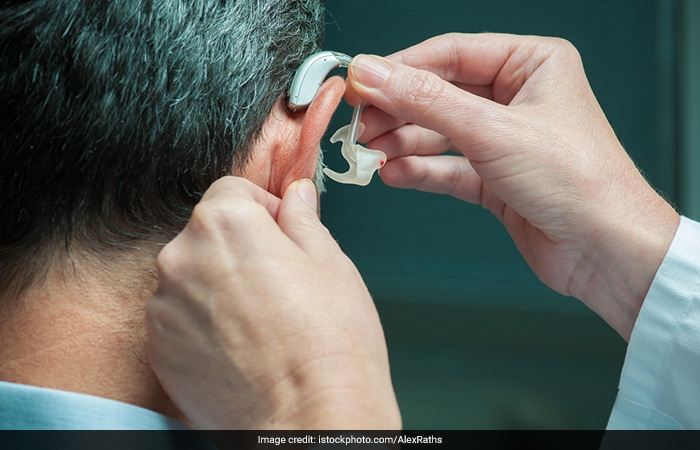
Meenakshi Balasubramanian, founder, Equals - Center for Promotion of Social Justice, a Chennai-based organisation that works for the rights of persons with disabilities highlighted that with no sign language interpreters during the press briefs, people with hearing impairment are denied an opportunity to understand important information from the prime minister or health minister or the chief minister of the states, especially about the pandemic, its safety measures, lockdown guidelines, also during elections, and general day-to-day developments.


